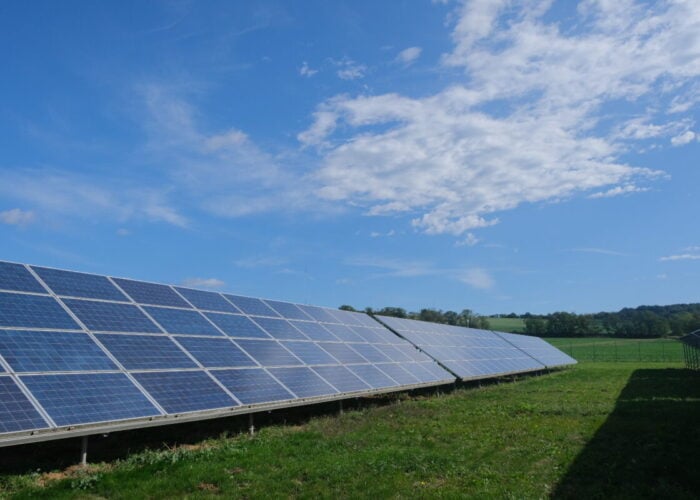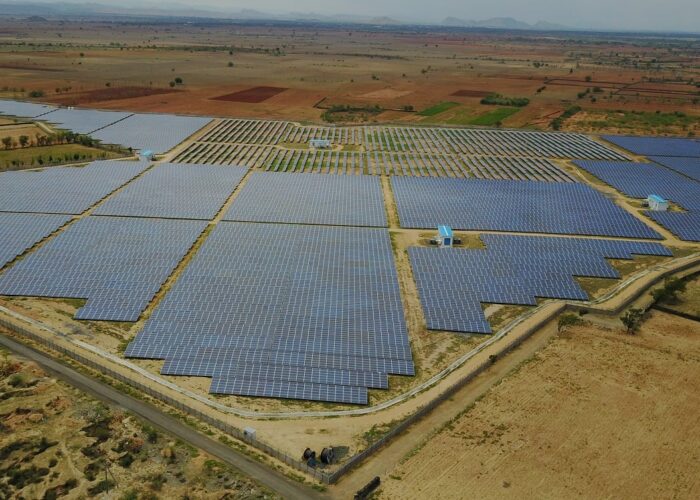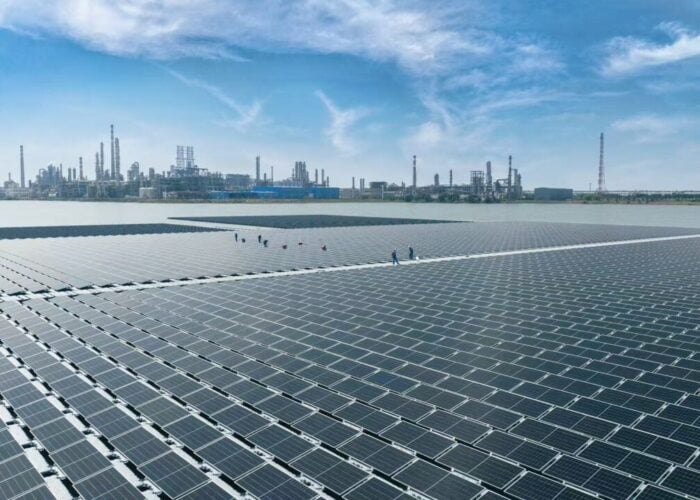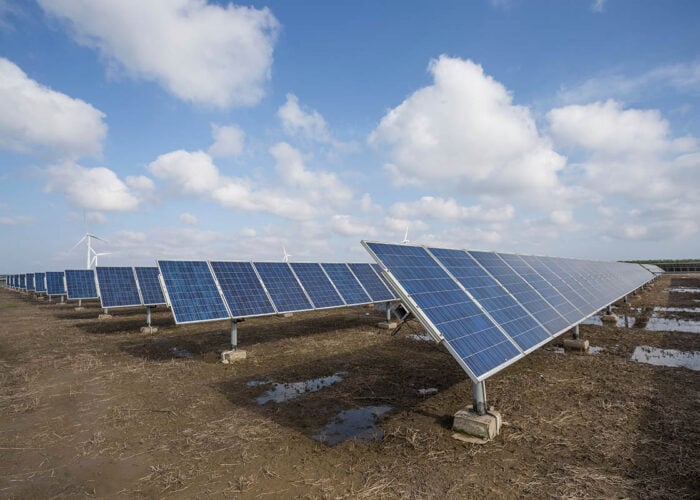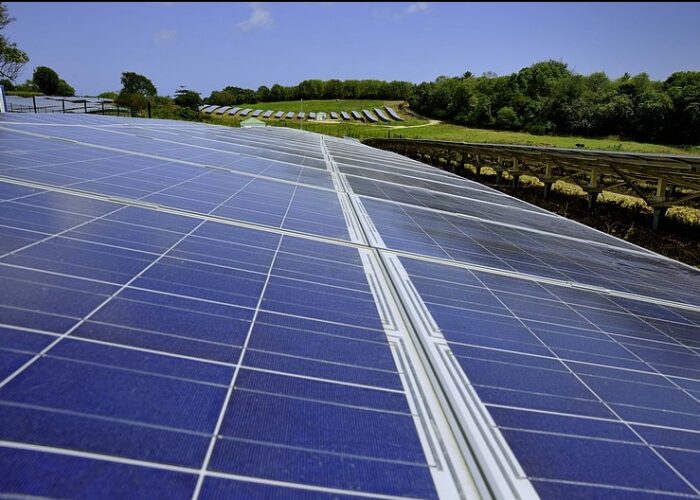Utility companies should embrace solar energy rather than trying to block it, the European Photovoltaic Industry Association (EPIA) has said.
The trade group has also called for governments to overturn damaging retroactive changes to support mechanisms for PV or risk their own credibility and their countries attractiveness to investors.
Unlock unlimited access for 12 whole months of distinctive global analysis
Photovoltaics International is now included.
- Regular insight and analysis of the industry’s biggest developments
- In-depth interviews with the industry’s leading figures
- Unlimited digital access to the PV Tech Power journal catalogue
- Unlimited digital access to the Photovoltaics International journal catalogue
- Access to more than 1,000 technical papers
- Discounts on Solar Media’s portfolio of events, in-person and virtual
A number EU of countries, including France, Spain, Greece, Belgium and Italy have adjusted support schemes or introduced new charges for solar energy installations.
In the US and now in Europe, some utility firms have campaigned for cuts to subsidies and the imposition of grid usage charges.
Speaking at a press event in Brussels, EPIA policy director Frauke Thies said she would not speculate on the extent of European utilities influence behind the scenes.
“The only thing we know officially is that the Magritte Group of CEOs have been asking to stop support for renewables,” she said, referring to the group of European utility chief executives that has been lobbying against renewable energy subsidies. “That is surely a detrimental measure for renewables and it ignores the energy transition that has to happen in Europe and that is going to happen. If you try to stop it and hold it up, it will just happen in a different way.”
Thies warned governments were putting measures in place that were resulting in bankruptcies, closures and job losses.
“Stopping the industry’s development in Europe means it will move to other countries. We already see the PV market is moving to other countries outside Europe where the conditions are better. This transition could continue if the EU chooses to put more hurdles in front of its development,” she said.
“The technology will continue to advance and the costs will continue to come down and inevitably PV will push back and return into the European market.”
“It would be a smoother strategy [for utilities] to participate in that and take part in the game with the PV industry and prepare the market progressively for this new technology. Make the adjustments needed, it’s clear that we need them. Make them progressively instead of blocking out the future now and then having solar come back from outside Europe at a later stage in a much more uncontrolled way.
“Solar is having an impact on the market and the share of PV in the electricity system is becoming higher. A large part of these investments is coming from individual homeowners, community projects, by new investors. The utilities have entered into parts of it but not so much yet,” said Thies.
Governments have a key role to play in removing artificial blockages to solar’s progress.
“It’s high time governments repair investor confidence and credibility and it means above all to revoke these retroactive measures and moratoria and provide a stable investment environment for the future,” Thies said.
Among the worst offenders is Greece which has, since 2012, hit the industry with a moratorium on new projects, a feed-in tariff reduction and two new taxes.
The EPIA wants new support mechanisms to clearly plot their future trajectory.
“They need to create stable, tailor-made, technology-specific frameworks with frequently scheduled revision of support that are based on transparent and predictable criteria,” Thies said.

